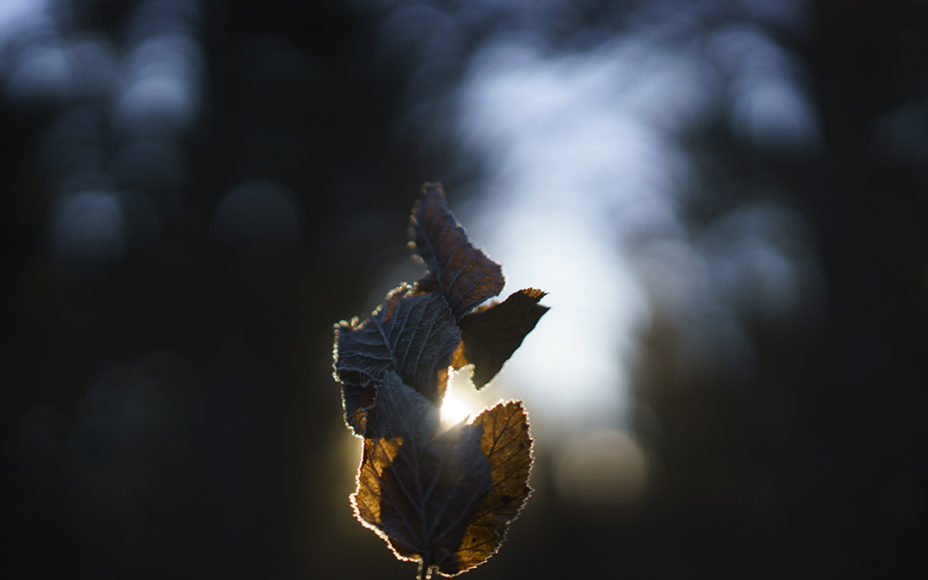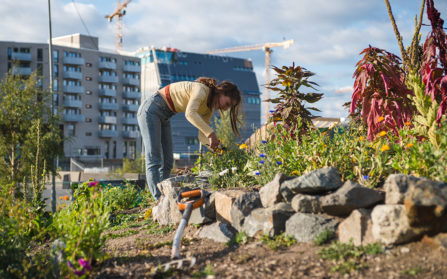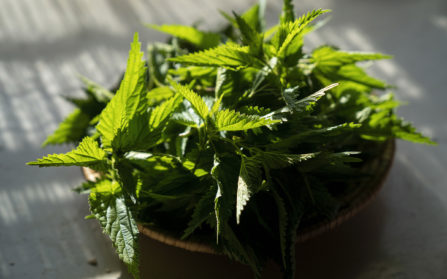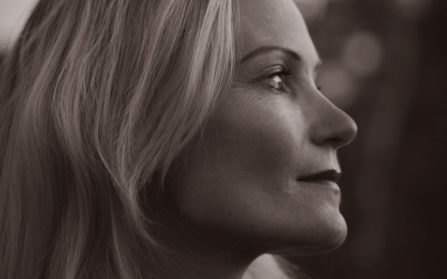Column / June 2019
Can silence be a superpower? What is the potential of slowing it all down and diving into the practice of listening? Poet and researcher Olga Lehmann has studied what silence can do to us, our multi-layered health and everyday wellbeing.
Four years ago, on one dark, melancholic winter’s eve, I found myself lying on the couch watching Netflix. Sounds familiar, right? The problem was, for me at that time, it felt like the only thing I could master. Yes, I went to work. Yup, I did the dishes and the laundry. I prepared food, showered and walked my dog. But compared to what I used to be able to do and what I longed to do it felt like all I did was lay on the couch, barely processing what I was watching.
« Where you tend a rose my lad, a thistle cannot grow. » Francis Hodgson Burnett. To awaken your imagination, I’ll begin this piece with a brief recount of the story of ‘Mary Mary Quite Contrary’ in Burnett’s 1911 children’s classic The Secret Garden. The protagonist, Mary Lennox, is a sickly, ill-tempered young orphan who is sent to the Yorkshire countryside to live with her estranged uncle, Master Craven, a reclusive hunchback who is paralyzed by grief after the loss of his wife.
My love for wild plants as food and medicine started when I worked as a budeie, or a milk maid, at a sæter (summer pasture) in Hemsedal in the middle of the mountains. There I stayed in a small cabin without any electricity, water or toilet. I would wake up early in the mornings to milk the cows with the owner. We would make heavy cream and sour cream with a hand-powered milk separator and we would repeat the process after dinner.
« Can you hear the birds talk », Veronika said and took me by the hand. We paced up and down the corridor, our hands intertwined. At the end of the corridor we took a break and looked out the small window that smiled of autumn. I was hoping the iron bars could melt away in the smile, but the bars resisted there was not enough space for the birds to fly in through the window to our locked ward.




